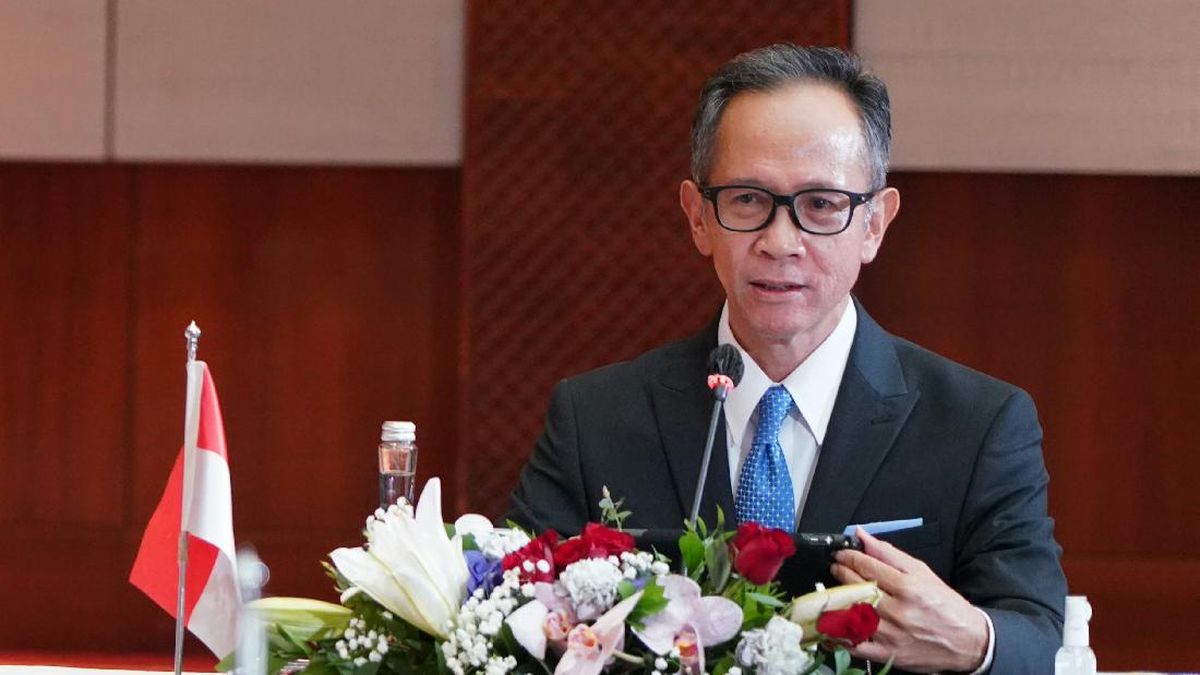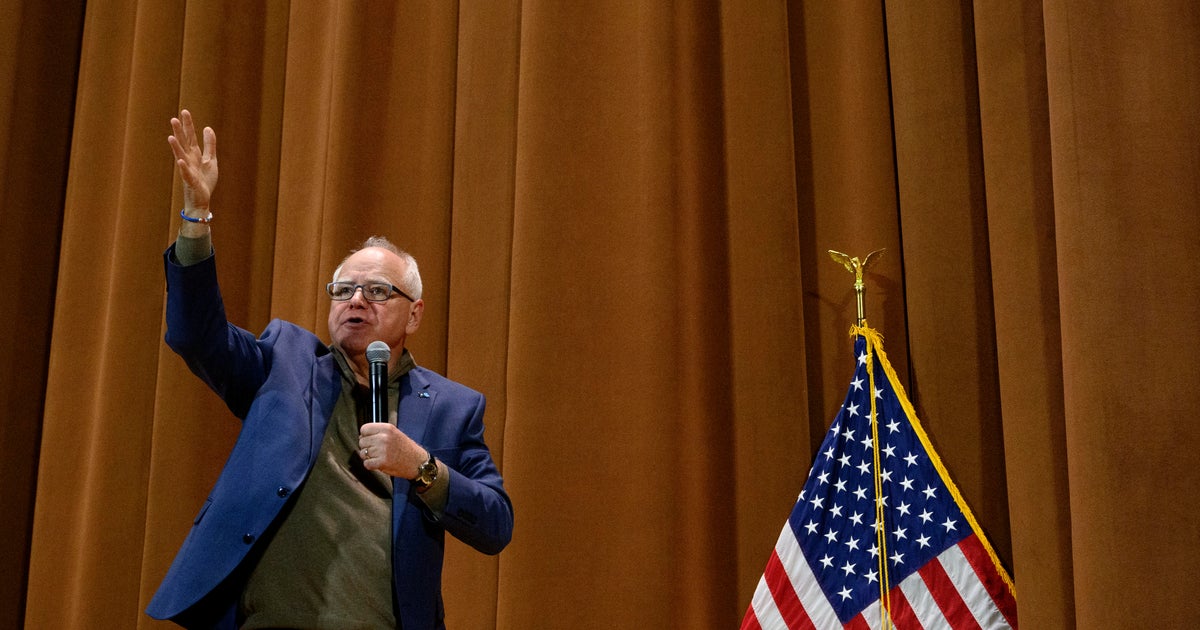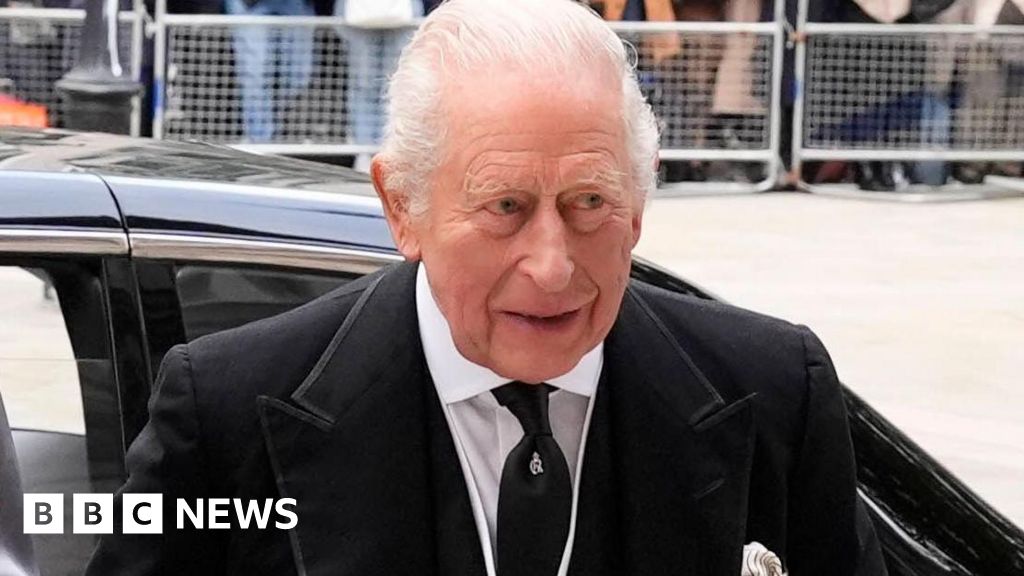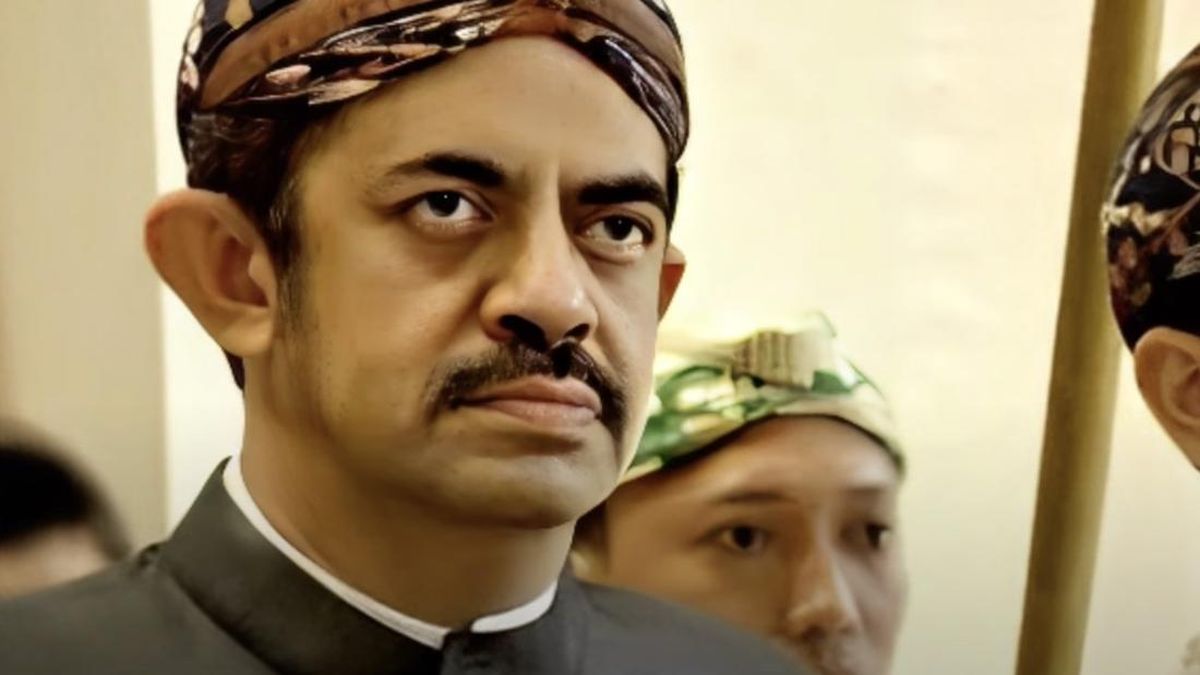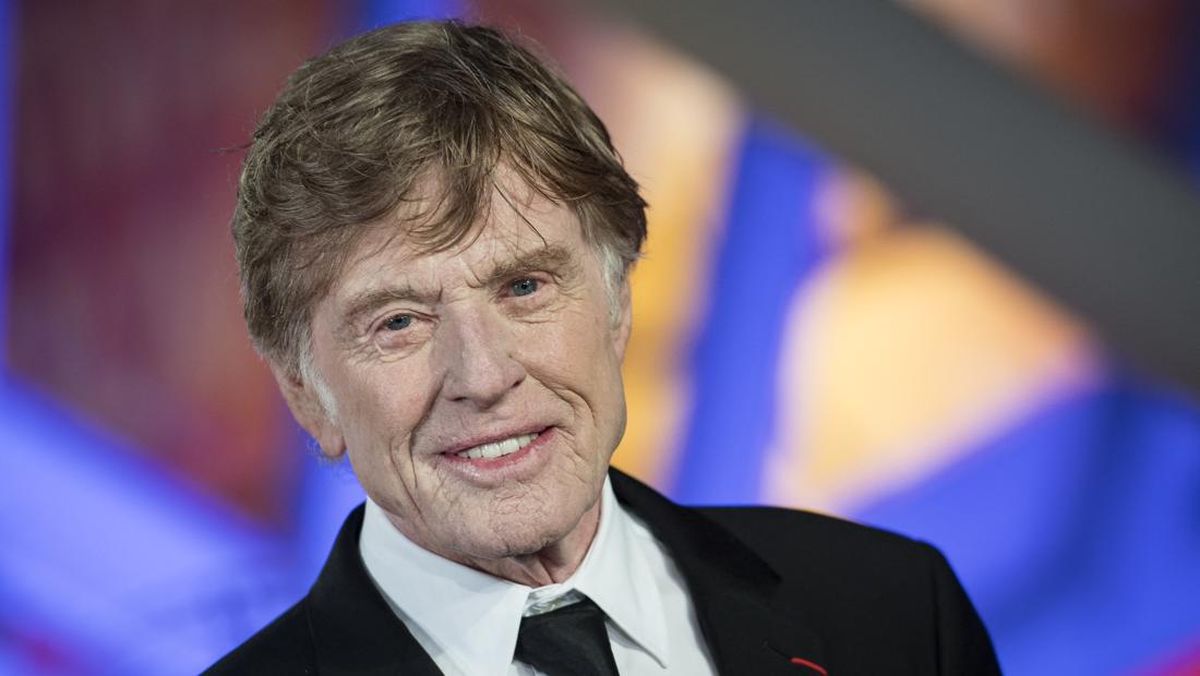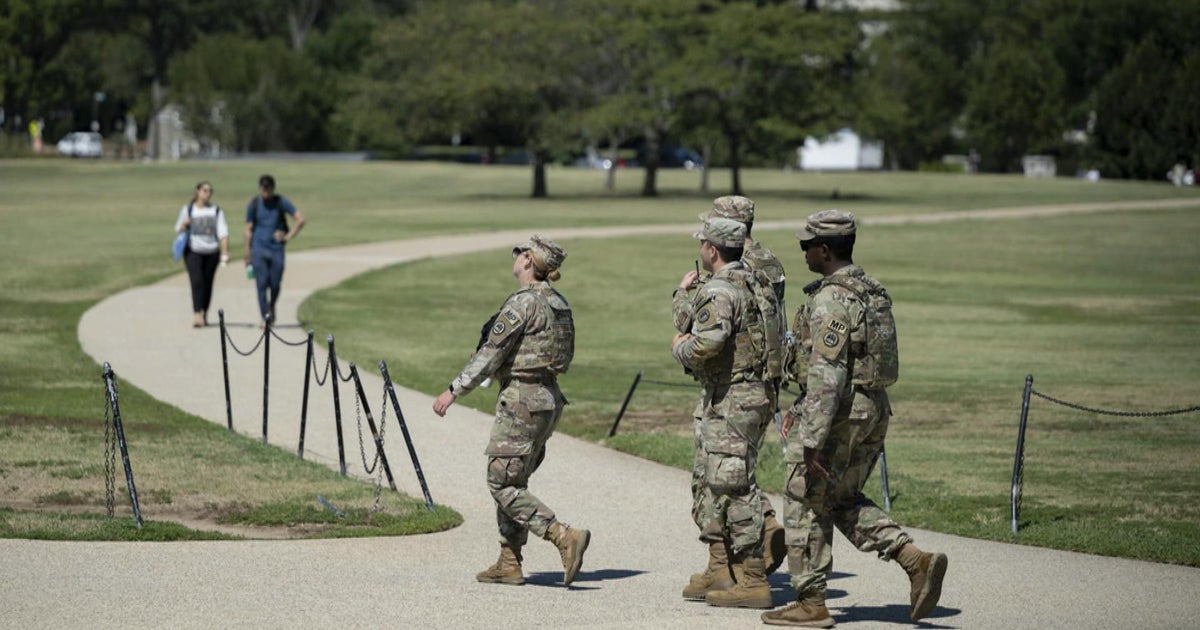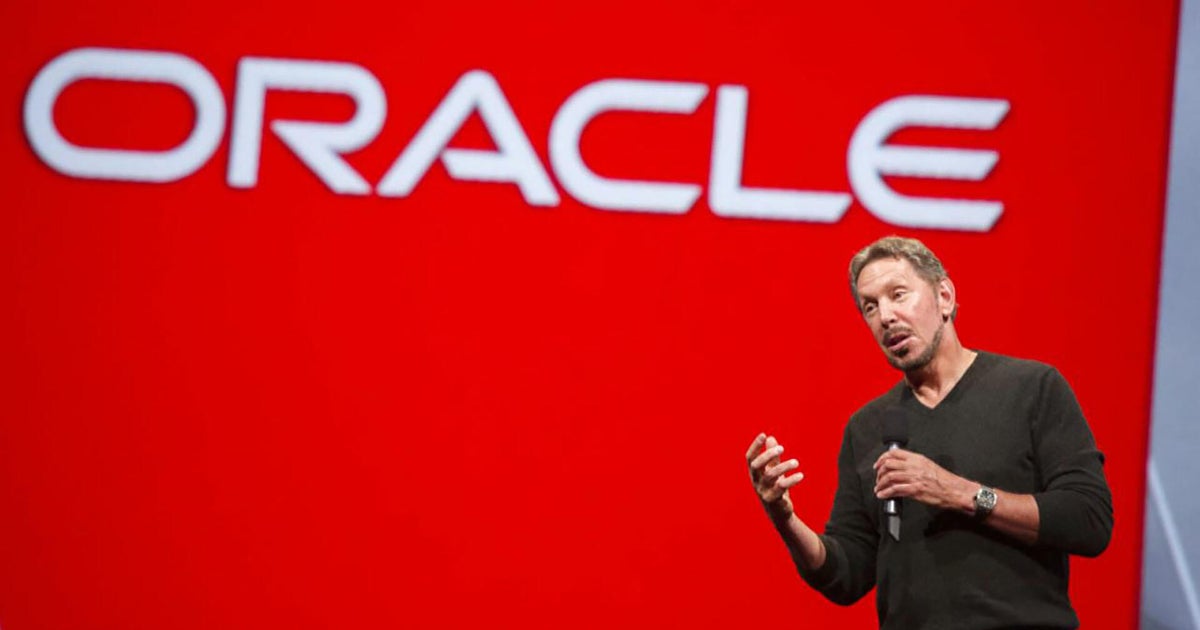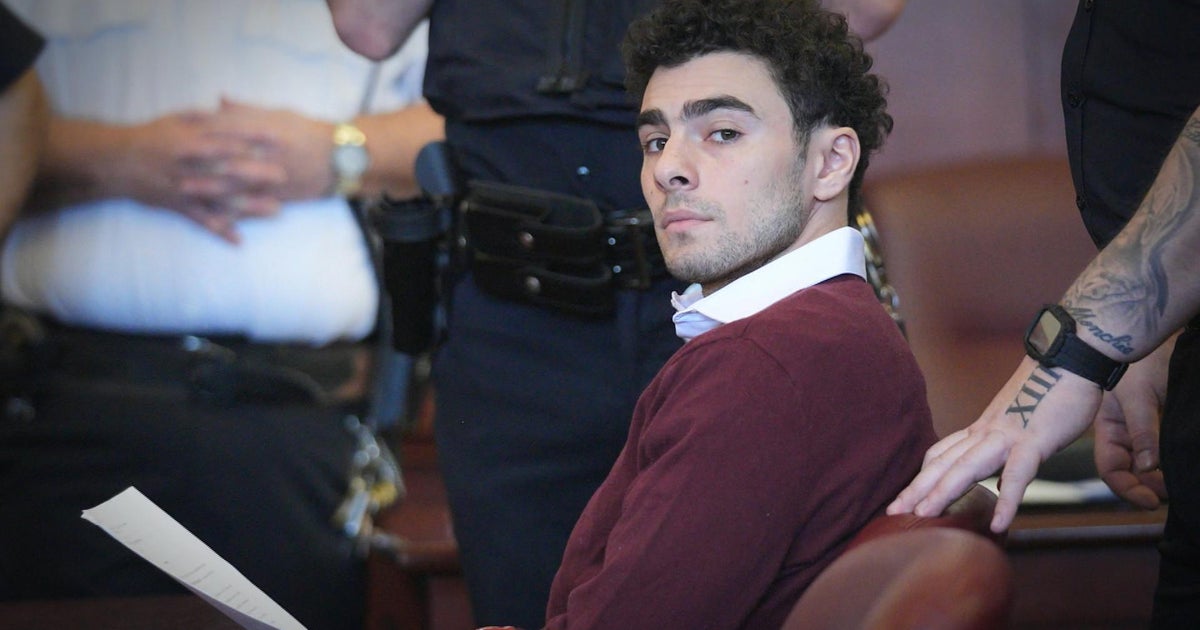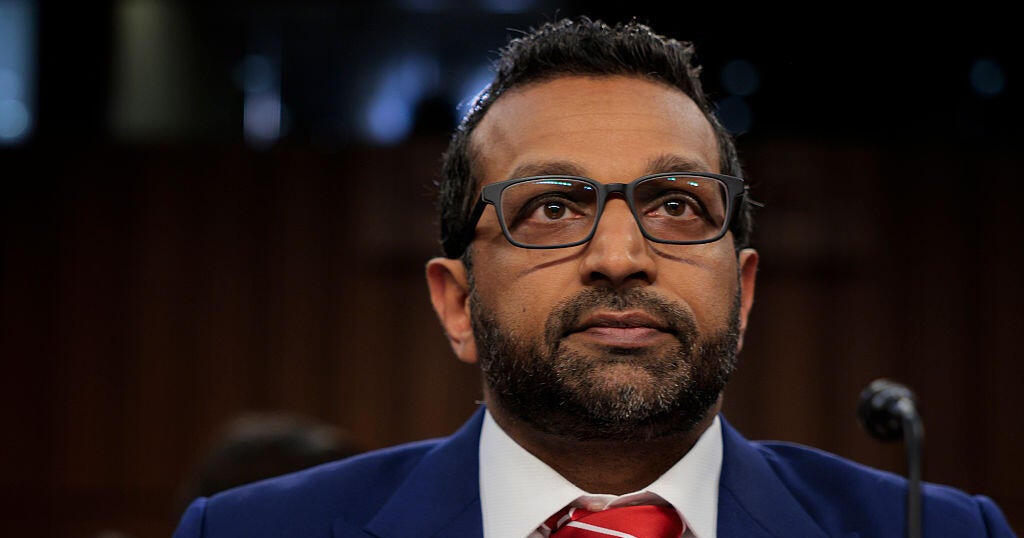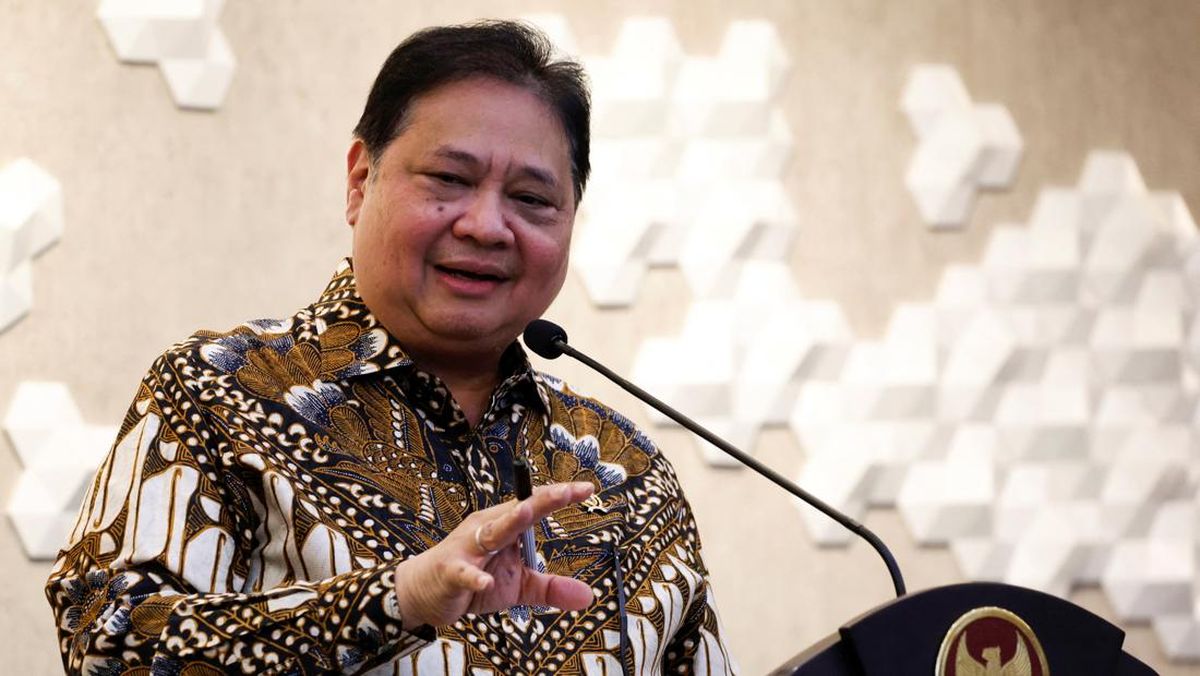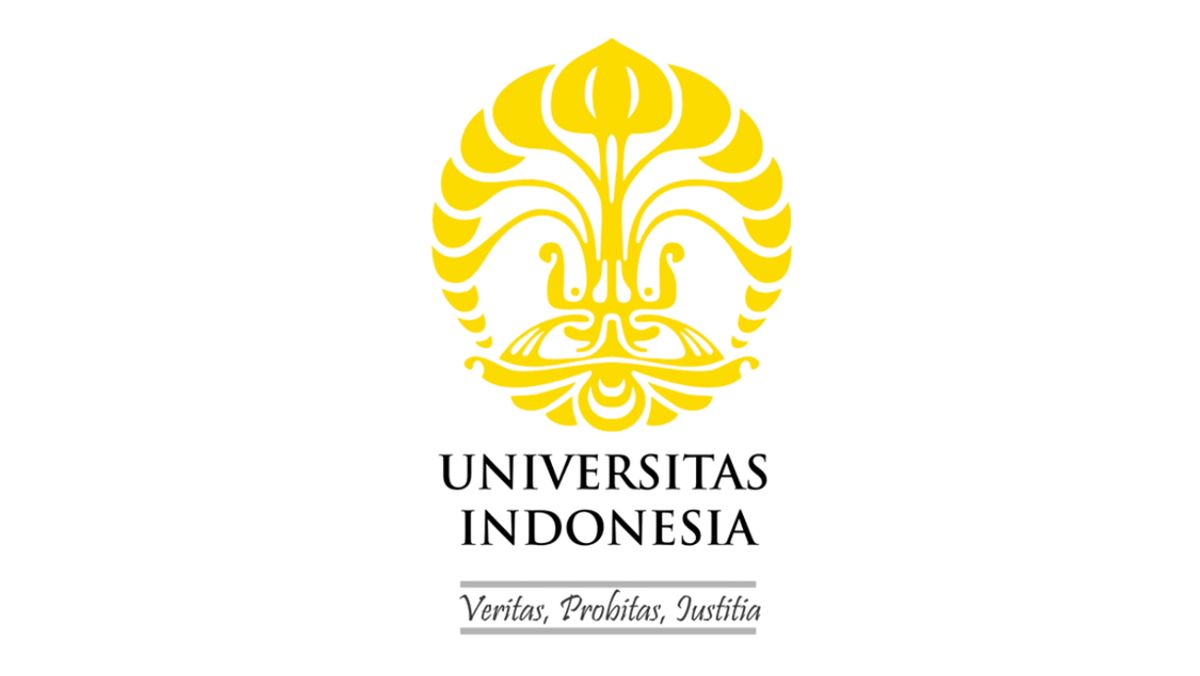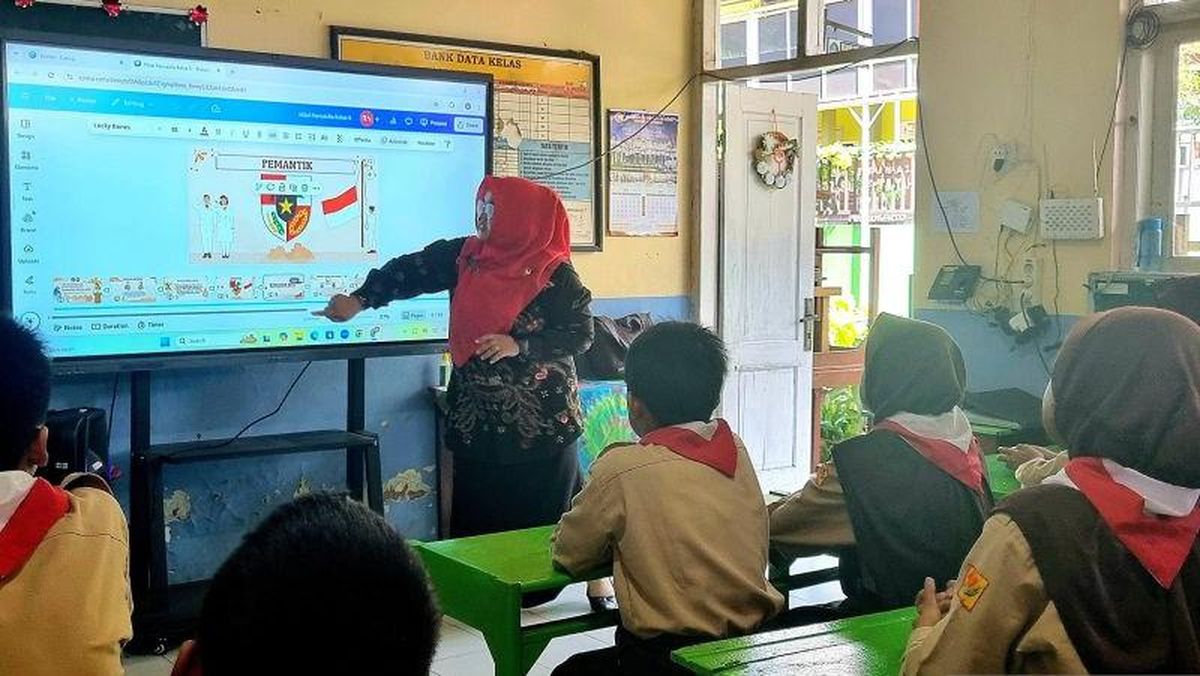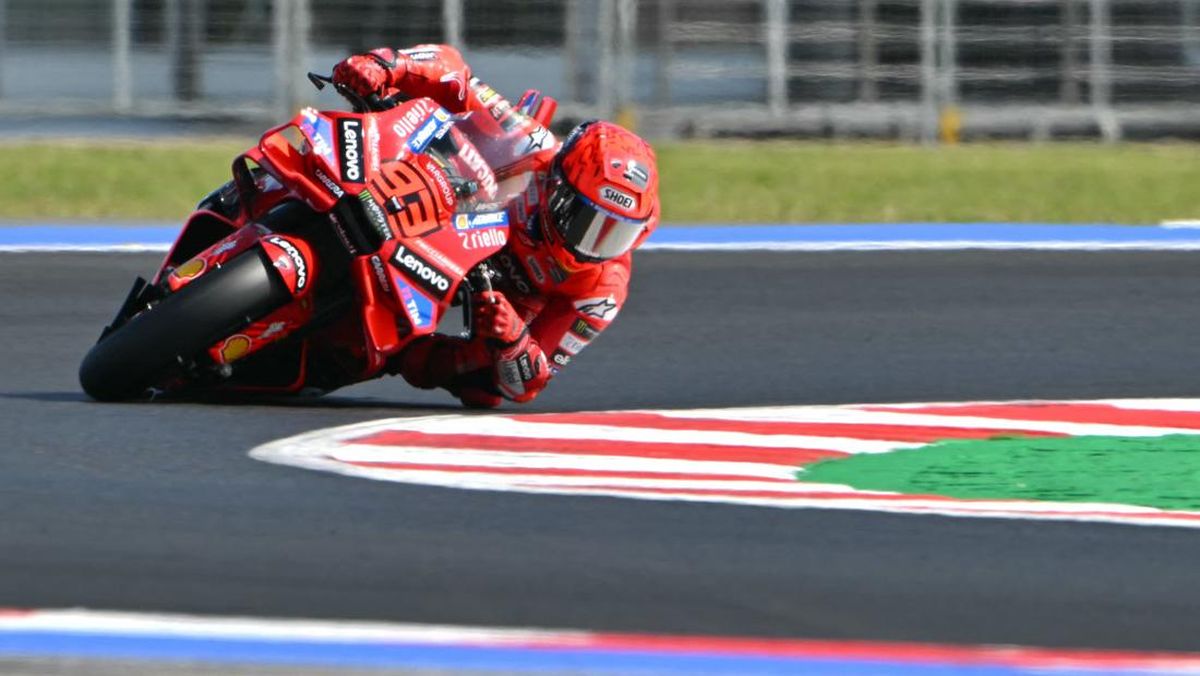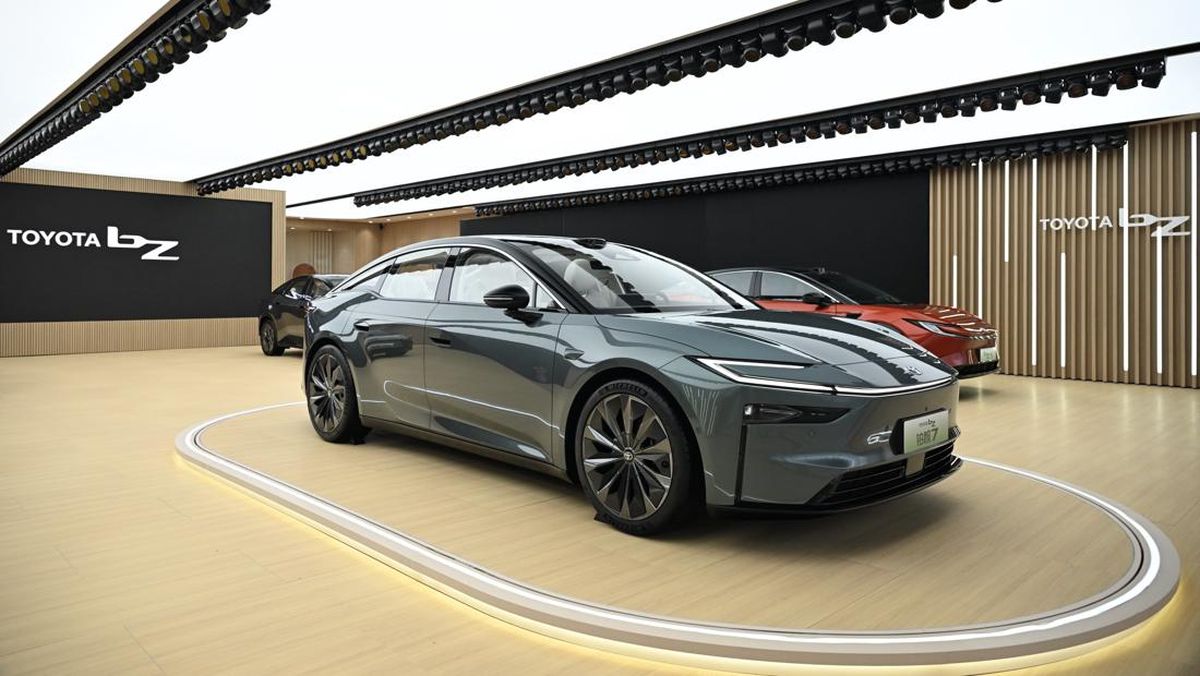Last Monday morning at Darling Harbour, three young men approached me with a swagger that felt newly emboldened. Their words were crude, their intent clear: I didn’t belong here. As an Australian man with Indian-Malaysian heritage who has lived in this country for decades, I nonetheless feel the effect of the ugly scenes and rhetoric we witnessed last this time last week.

Anti-immigration protesters march from Belmore Park towards Victoria Park during the “March for Australia”. Credit: Getty Images
This personal confrontation was no isolated incident – it was the toxic spillover from the weekend’s so-called “March for Australia” rallies, which drew more than 45,000 protesters nationally and were infiltrated by neo-Nazis chanting “Heil Australia”.
The atmosphere of hate these rallies generated doesn’t confine itself to Hyde Park or Federation Square. It seeps into everyday encounters, emboldens the worst instincts, and makes people like me question their place in a country they call home.
My parents made the decision to leave Malaysia seeking better quality of life in Australia and a deeper racial equality. They found it, as millions before and since have done. Australia has been our safe haven, our opportunity, our home. But moments like last Sunday make many of us question that narrative. Racism is not new to this country; what’s different now is how its public expression has been emboldened by far-right rallies that make division and hatred mainstream.
The scenes from Sydney, Melbourne, Brisbane and Adelaide were performances of exclusion, designed to make people like my family feel unwelcome in the only country many of us have ever known as adults.
Yet here’s what the organisers of the rallies got wrong: they don’t represent Australia. The overwhelming decency of most Australians was evident in the immediate response – counter-protests that drew thousands, widespread political condemnation from across the spectrum, and community leaders who stood up to reject the politics of division.
Loading
Australia remains one of the world’s most successful multicultural societies, not by accident but by design. We have absorbed waves of migration – from the postwar European migrants to refugees fleeing Vietnam by boat, from Lebanese families escaping civil war to recent arrivals from Afghanistan – and each time we have emerged stronger, more vibrant, more ourselves.
It was not lost on fair-minded people that those screaming “send them back” deliberately ignored the fact that we live on stolen country; Aboriginal land, in a nation that has yet to reconcile its history, atrocities and lies.
Indeed, the inflammatory and racist anti-Indian immigration comments by Liberal Senator Jacinta Nampijinpa Price did nothing more than expose, once again, her contempt for the ideals and values of everyday Australians of all backgrounds, Indigenous and non-Indigenous.
Federal and state politicians rightly denounced the rallies as hateful and divisive. But condemnation, while necessary, is insufficient. The question is not whether we reject racism – most of us do. The question is whether we have the institutional strength to build something better.
Loading
Australia’s success as a diverse nation rests not only on migrants’ resilience but on strong, universal public institutions that anchor belonging beyond rhetoric. These are the practical foundations of inclusion. In our public schools, children from every background learn together, play together and forge the friendships that define the next generation’s Australia. When a Sudanese-Australian child and an Italian-Australian child work on a science project together in year 8, they’re learning chemistry and practising civics. Similar experiences are seen across our TAFE colleges.
Medicare ensures that healthcare is a right, not a privilege determined by postcode or surname. When every Australian has access to the same emergency room, the same GP bulk-billing system, we reinforce the principle that we’re all in this together. The ABC provides a shared national conversation, a common set of facts, and stories that reflect the full breadth of Australian experience. These are the sinews of social cohesion. These institutions are bulwarks against division, offering real inclusion where rhetoric often fails.
Last Sunday’s protests were fuelled by fear and misinformation about housing, economic insecurity and social change. The antidote to that fear isn’t just better messaging – it’s investment in the universal public goods that make everyone’s life better. When housing is affordable, when public schools and TAFE colleges are well-resourced, when healthcare is accessible and when economic opportunity is broadly shared, the scapegoating loses its power. People don’t turn on their neighbours when they feel secure in their own prospects.
This requires more than words of condemnation. It requires sustained investment in the institutions that make Australia work for everyone.
This is a good nation, populated by decent people. Racism exists in every society, and the extent to which it flourishes depends on all of us. The three young men who confronted me don’t define Australia any more than the hateful rhetoric of last Sunday’s rallies. What defines us is our choice – to strengthen our universal institutions, defend our shared values, and prove the racists wrong by building an even more inclusive, confident nation.
That choice is before us every day. Last Sunday’s ugliness reminds us why it matters so much.
Henry Rajendra is president of the NSW Teachers Federation.
Most Viewed in National
Loading

